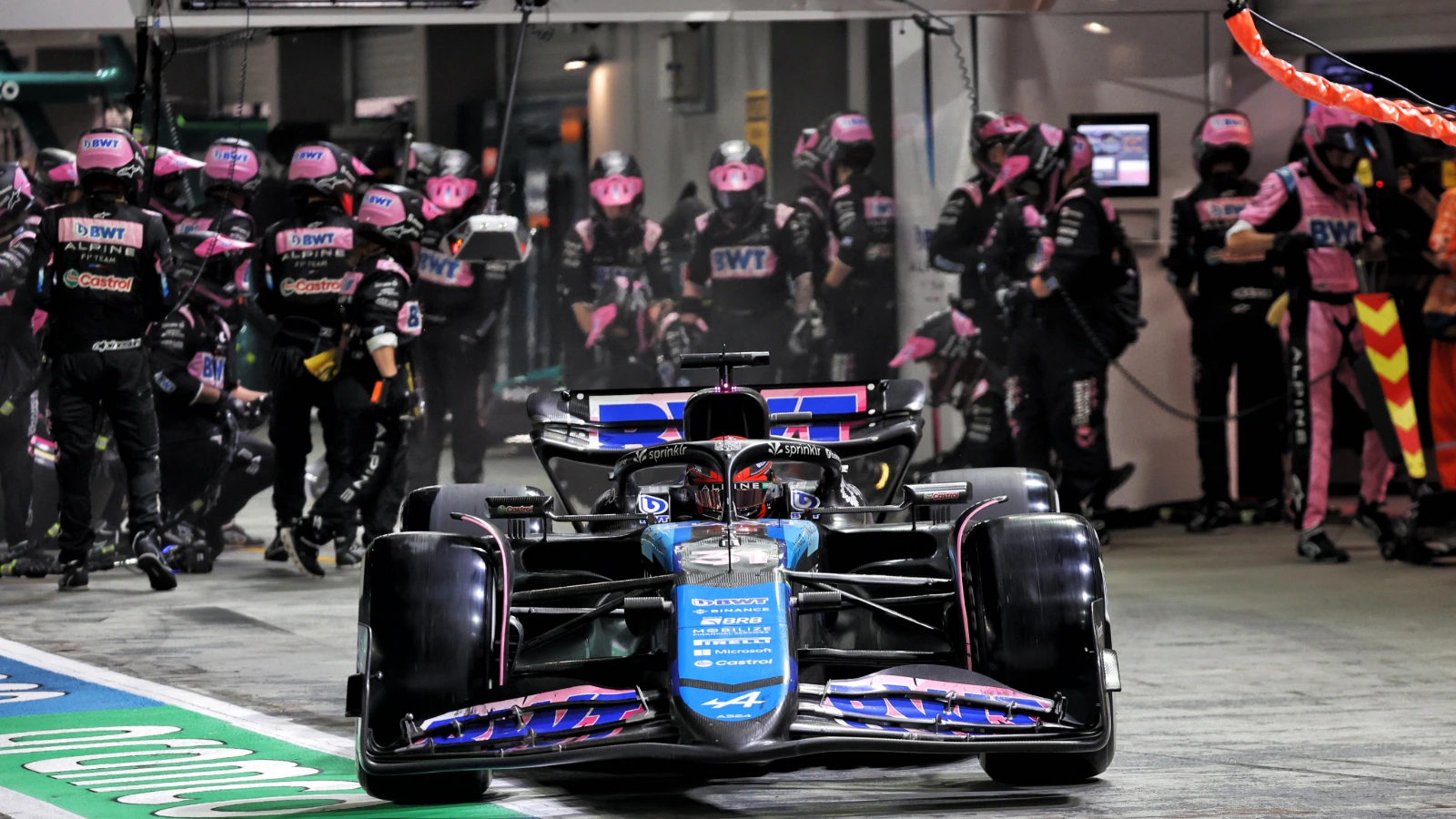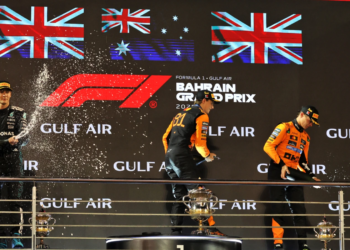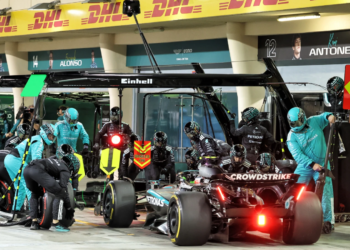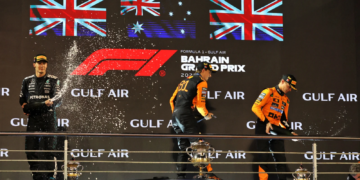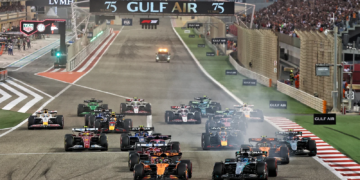Staff at Viry-Chatillon have blasted Renault Group’s decision to cease the production of engines for the Alpine Formula 1 team at the end of 2025.
After months of deliberation, the Renault Group confirmed on Monday that it will cease producing F1 engines ahead of the new 2026 regulations.
A customer deal with Mercedes for 2026 has been touted and Viry will switch its focus on various projects in Renault/Alpine motorsport and automotive activities.
As the plan to scrap the Renault F1 project has developed it has met stern opposition, including a protest during the Italian Grand Prix at Monza.
Despite plans to continue with an “F1 monitoring unit,” the CSE, Social and Economic Committee at Viry has once again voiced its extreme displeasure against Renault Group CEO Luca De Meo’s actions.
“All staff representatives, representing the voice of employees and a majority of stakeholders, regret and deplore the decision to stop F1 engines in 2026,” began the statement (obtained via Autosport).
“This choice is endorsed by the group, which wishes to reduce the financial risk surrounding F1, even though no serious study has been conducted to assess the impact on future sales and the prestige of the brand.
“Partnership solutions were rejected by the group, even though they would have made it possible to meet several objectives: maintaining F1 activity, reducing development and operating costs, maintaining all skills, and the possibility of bringing an already largely developed and promising RE26 engine to the 2026 season.”
It’s said that switching from an OEM to a customer F1 outfit could save the Renault group approximately $90 million a year on development costs.
The plan all along has been for Viry staff to disperse from F1 to various other projects, be it the Alpine Hypercar programme in the FIA World Endurance Championship, or developing the Alpine road car brand.

Viry staff face culling amid Renault/Alpine decision
The CSE has responded to such proposals by saying “the lack of maturity of the projects brought forward and the loss of confidence in management pose a major risk of critical skills leaving the Viry site.”
Indeed, the move to scrap the F1 engine project has the CSE fearing jobs will be culled at Viry.
“The history of the Viry site shows that conflicting decisions have often been taken, and demonstrates the importance of maintaining highly qualified skills for the future in order to leave the door open to a return to F1 when the regulations and the financial context of the shareholder make it more attractive,” the statement added, with it being understood staff levels will dwindle from 500 to 334 on January 1, 2025.
Moreover, Viry has been hard at work on a 2026 F1 engine which won’t be hitting the track amid the Renault Group’s decision.
“Despite the turmoil of the last two months, the Viry team has continued to develop the power of the 2026 engine that Alpine is depriving itself of,” the CSE’s statement continued.
“This decision against the tide causes Alpine to miss out on its sporting history.
“For all these reasons, the CSE staff representatives unanimously gave an unfavourable opinion on the transformation project.
“We call on the public authorities to defend the sustainability of employment on the Viry-Chatillon site.”
READ MORE: Renault to cease work on F1 engine plans as Alpine prepares for customer switch

